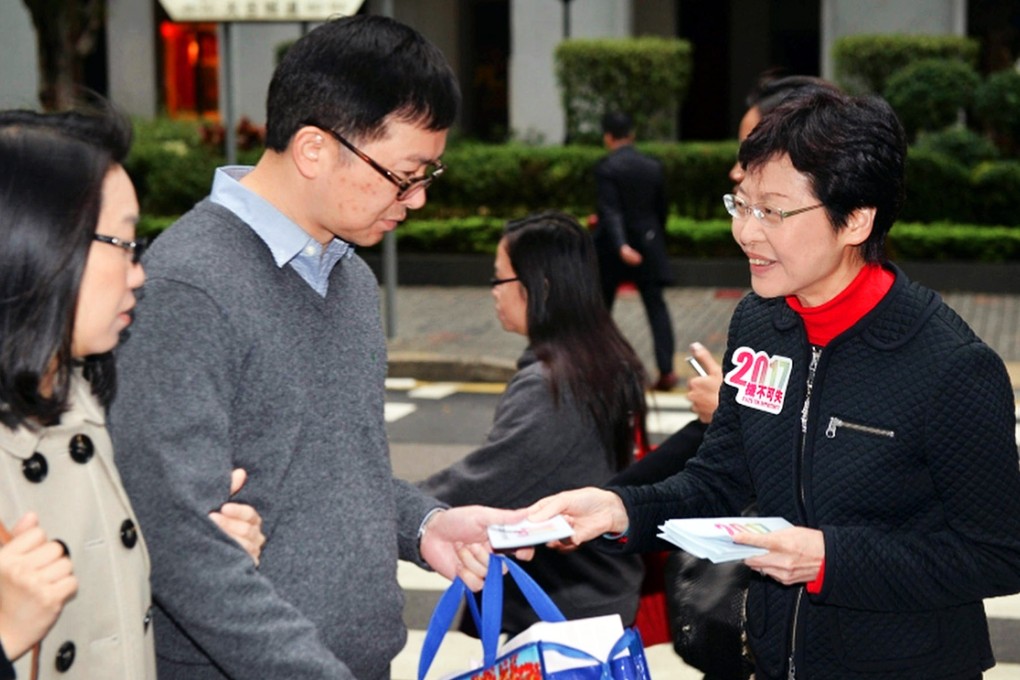Hong Kong political groups submit last-ditch proposals on 2017 poll before public consultation closes
Some moderate and Beijing-loyalist groups put forward ideas they hope can persuade at least four pan-democrats to back a reform package

Political moderates and Beijing-loyalist parties have been making a last-ditch attempt to put forward proposals under the restrictive framework laid down by Beijing for the city's electoral reform, as the last round of public consultation closes today.
At least six moderate groups have made submissions to the government. However, pan-democratic lawmakers have stuck with their vow to boycott the consultation and vote down the package, insisting any system for the 2017 chief executive election under that framework would be anti-democratic.
Under the framework laid down by the National People's Congress Standing Committee in August last year, a 1,200-strong committee with a limited electoral base would nominate two or three hopefuls for the 2017 election. A would-be candidate must get support from over half of committee members to qualify for a public vote.
Whether Beijing's framework has legal effect has been questioned. The Bar Association in its submission yesterday said it was inappropriate to comment, as a student was seeking a judicial review on the issue.

"I'd say our proposal is a wise one - it enables candidates of political parties from both the pan-democratic and the pro-establishment camps to run the race," Lung said.